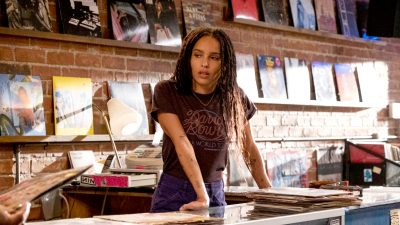Goodbye to All That Sex and the City
I couldn’t help but wonder: Of all the self-chroniclers I’d gone to like a moth in my early twenties, why were so few brown, and Black?
To All the Messy Girls I’ve Loved Before
A white girl’s refusal to live by the dominant narrative gets to be glamorous, whereas I cannot imagine how a Black girl’s refusing the terms of society ever could be.
How to Love a Genre That Doesn’t Love You Back
I was a Black girl in the American suburbs, yet I believed The Beatles—and eventually, a dazzle of other white male musicians—were singing only for me. It wasn’t so.
In Defense of the Low Bar: An Ode to Everclear
Kurt Cobain would not approve, but privately I wondered if there wasn’t space for a beloved burnished thing in my new and improved pop pantheon.
Glory in the Floorlamps: How the Theatre Became My Church
Both church and theatre demand from their followers the suspension of disbelief, and the ability to inhabit an imaginary set of circumstances in lieu of the known.
In Praise of the Salon: Field Notes for the Aspiring Bluestocking
I witnessed how easily art might braid to politics, how easily fellowship might inspire movement.







